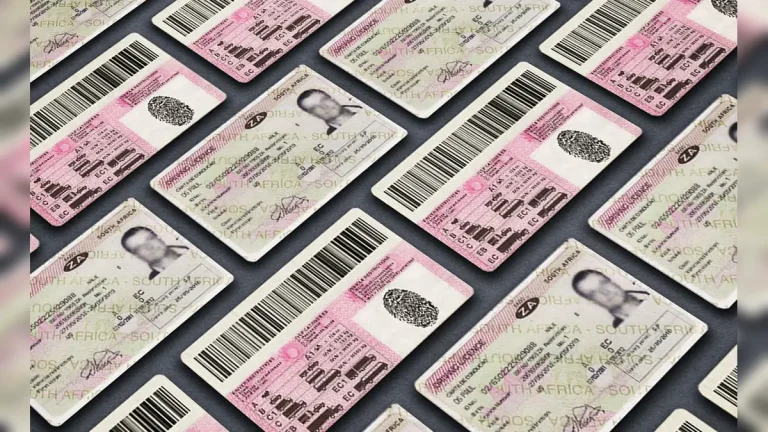The driver’s licence card backlog in South Africa has seen significant improvement in recent months. This milestone offered some relief for motorists who have been waiting to renew their licences.
Thank you for reading this post, don't forget to subscribe!Driver’s Licence Backlog More Than Halved
According to the Department of Transport (DoT), the number of outstanding driver’s licence cards has dropped dramatically since printing operations resumed in May. South Africa’s only card-printing machine broke down in February. It only became operational again in early May after leaving the Driving Licence Card Account (DLCA) unable to meet renewal demands.
This breakdown caused the backlog to soar to a peak of 756,227 pending orders. However, as of mid-September, the figure had been reduced to 336,028, said DoT spokesperson Collen Msibi.
The DLCA has been operating on 24-hour shifts to fast-track production. Msibi noted that the department’s short-term target is to reduce the backlog to an “acceptable level” before the end of the year, with the ultimate aim of clearing it completely by December.
Good News for Motorists
This progress is welcome news for motorists who risk fines if caught driving without a valid licence. Many have been stuck in limbo as they waited for their cards to be printed.
The DoT is also working on a longer-term solution to avoid future disruptions. In July, Transport Minister Barbara Creecy confirmed that the DoT had signed a memorandum of understanding with the Department of Home Affairs to establish an interim printing system. Under this agreement, the Government Printing Works which already handles Smart ID cards and passports will also print driver’s licences.
The department previously said the system would be in place within three months.
Warning of a Boycott
Despite the progress, civil society groups have warned that frustration among motorists could spark a boycott of licence renewals if the government does not address the recurring issues.
Afriforum recently raised concerns that mandatory renewals are unfair if the state consistently fails to provide the infrastructure to support them. Campaign officer Louis Boshoff pointed to past cases of civil disobedience in South Africa, such as the e-tolls boycott and widespread non-compliance with TV licence fees.
“History teaches us that civil non-compliance occurs when unreasonable obligations are imposed by the government. Just look at what happened with e-tolls and TV licences,” Boshoff explained.
The e-toll system in Gauteng collapsed after motorists overwhelmingly refused to pay, leading to its formal shutdown in April 2024. Similarly, TV licence compliance has plummeted, with the SABC now facing a R4.3-billion funding shortfall due to an 85% non-payment rate.
For now, the DLCA’s round-the-clock printing efforts appear to be working, and motorists may finally see relief by year-end. However, unless the DoT follows through with sustainable, long-term solutions, the threat of civil pushback looms large.
Related article: SA Launches New Drive-Thru Car Licence Renewal Service




